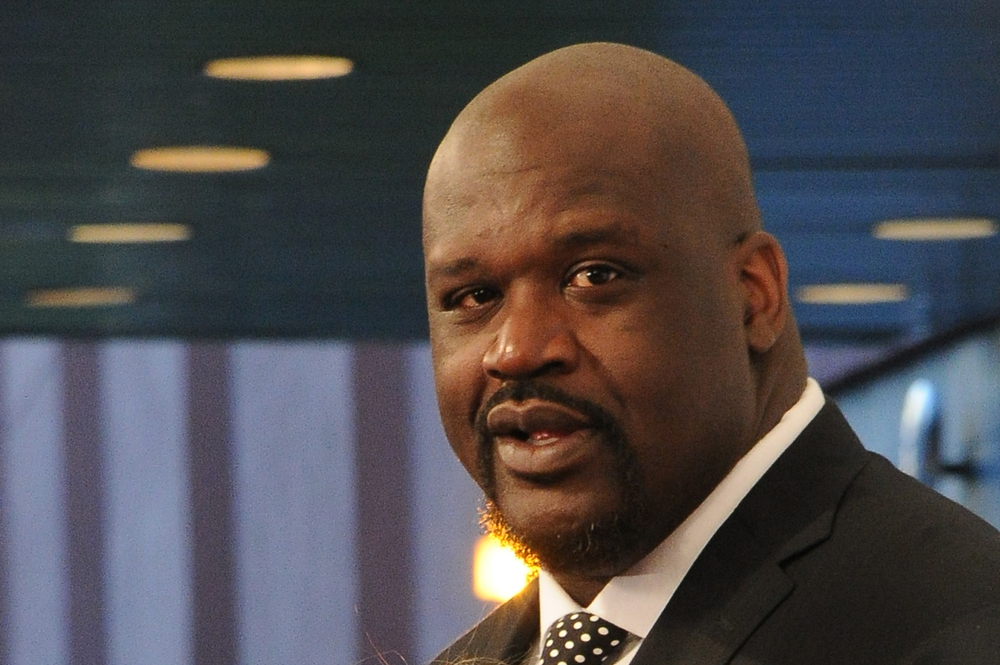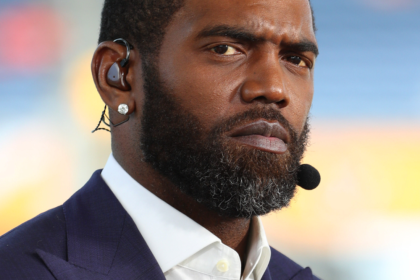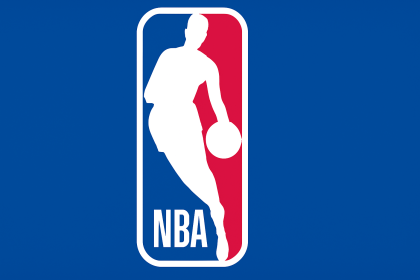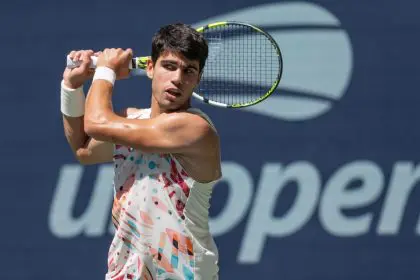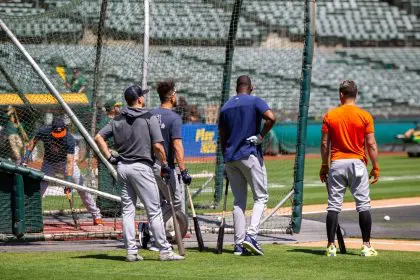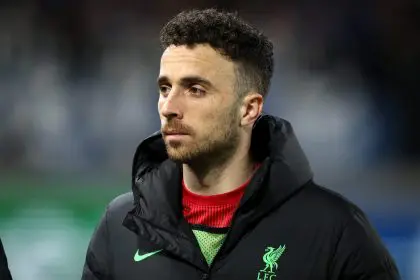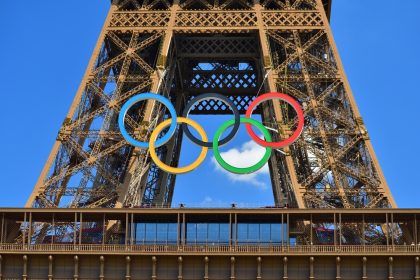Professional basketball finds itself at a critical juncture where player autonomy, organizational expectations, and personal worth intersect in increasingly complex ways. The ongoing dispute involving Jimmy Butler of the Miami Heat represents a microcosm of broader changes transforming professional athletic dynamics.
The Roots of Discontent
Jimmy Butler’s recent actions, including missing a team flight and his subsequent suspension, are not just isolated disciplinary concerns but rather indicators of a larger, more complex frustration. These incidents serve as a manifestation of growing tension between player autonomy and organizational control, a conflict that has become increasingly common in professional sports. For Butler, this dispute is about more than just contractual issues—it’s about respect, recognition, and the evolving power dynamics within the NBA.
In previous generations, professional athletes were expected to comply with team structures without question. Team loyalty was often defined by unwavering commitment to an organization, regardless of personal dissatisfaction. However, in today’s NBA, players operate within a different framework—one where their contributions are measured beyond on-court performance. Butler’s situation underscores how expectations have shifted, as athletes now demand a say in their financial futures, career trajectories, and personal branding strategies.
His dissatisfaction over an unrealized contract extension worth $113 million is emblematic of a broader issue that extends beyond individual grievances. The way organizations handle negotiations, honor commitments, and communicate with their players has become a major factor in determining whether relationships between athletes and franchises remain productive or fall apart. Butler’s public frustration reflects a deep-seated belief that he is not being valued in a way that aligns with his contributions, both as a player and as a brand.
Changing Power Dynamics
The NBA has experienced a seismic shift in how players perceive their value and navigate their professional careers. No longer confined to the traditional employer-employee model, modern athletes recognize their leverage and actively use it to shape their futures. Butler’s case exemplifies this ongoing evolution, where an athlete’s worth is no longer solely determined by statistics, wins, or championships, but by a broader range of factors, including leadership, influence, and brand value.
The modern athlete is more than just a competitor—they are entrepreneurs, media personalities, and cultural figures who command audiences beyond the basketball court. As a result, their expectations have changed. Butler, like many of his contemporaries, sees himself as more than just a Miami Heat player; he views himself as a brand with a certain level of autonomy over his professional narrative.
This shift in player agency has led to increased friction between athletes and front offices. Team executives, once the primary architects of a player’s career trajectory, now must contend with a generation of athletes who are willing to challenge decisions, demand transparency, and dictate their own terms. This newfound assertiveness is reshaping how contract negotiations, trades, and team commitments are handled across the league.
In Butler’s case, his frustration may stem not just from the contract itself, but from a broader feeling that his contributions—both tangible and intangible—are not being acknowledged to the extent that he believes they should be. He is not alone in this sentiment, as an increasing number of NBA players are using their platforms to vocalize concerns over how teams value them beyond statistical achievements.
Generational Perspectives
The ongoing discourse surrounding Butler’s situation has sparked debate among former players, analysts, and media personalities, particularly those from previous NBA eras. Figures like Shaquille O’Neal, Charles Barkley, and Ernie Johnson have expressed varying opinions on how today’s players handle disputes with their teams, revealing a generational divide in how professionalism, loyalty, and individual agency are perceived.
Older generations of NBA players often emphasize the importance of traditional notions of team-first mentality and perseverance, even in difficult situations. O’Neal and Barkley, both known for their outspoken takes on modern player dynamics, frequently argue that today’s players have too much power and control over their circumstances. They contrast today’s player movement and contract disputes with their own experiences, where superstars rarely dictated the terms of their careers to the same extent.
However, younger players and analysts offer a different perspective, viewing Butler’s actions as part of a necessary evolution in professional sports. They argue that athletes should not be expected to accept unfavorable conditions without advocating for themselves. In a league where teams have historically exercised full control over player transactions, modern athletes pushing for agency represents a significant shift toward equity in professional relationships.
The debate over Butler’s situation highlights larger societal changes in workplace dynamics. Across industries, younger professionals are redefining their relationships with employers, demanding better working conditions, more transparency, and greater respect for their contributions. The NBA is no exception, as players assert their influence in ways that were previously unthinkable.
Ultimately, Butler’s frustration, whether seen as justified or not, speaks to the broader transformation of professional sports. The balance of power between players and organizations is shifting, and as athletes continue to assert their autonomy, teams must adapt to an evolving landscape where success is measured not just by wins and losses, but by how well franchises foster genuine, respectful partnerships with their players.
Economic considerations
At the heart of Butler’s frustration lies a substantial financial component. The unrealized $113 million contract extension represents more than monetary compensation—it symbolizes recognition, respect, and perceived value within the organizational hierarchy.
The role of public discourse
Media platforms like NBA On TNT have become critical spaces for exploring these complex professional dynamics. Such discussions transform personal conflicts into broader conversations about labor rights, organizational culture, and athletic professionalism.
Systemic challenges in professional sports
Butler’s situation is not an isolated incident but part of a larger pattern of athletes challenging traditional power structures. The NBA has increasingly become a landscape where players leverage their visibility and performance to negotiate more equitable treatment.
Psychological dimensions
The psychological impact of feeling undervalued cannot be understated. For professional athletes, contract negotiations and organizational recognition are deeply personal experiences that extend far beyond financial transactions.
Broader implications
This controversy raises critical questions about:
The nature of professional loyalty
Organizational communication strategies
Athletes’ rights to self-advocacy
Balance between individual expression and team cohesion
Cultural significance
The dispute transcends basketball, representing a microcosm of workplace dynamics in the modern era. It reflects broader societal conversations about respect, recognition, and individual agency in professional environments.
Media and public perception
Social media and sports commentary platforms have transformed how such conflicts are perceived and discussed. Fans now actively participate in these narratives, creating a more democratic and immediate form of sports discourse.
Potential resolutions
Resolving such conflicts requires nuanced approaches that prioritize:
Transparent communication
Mutual respect
Understanding individual and organizational goals
Flexible negotiation strategies
The path forward
As professional sports continue to evolve, organizations must develop more sophisticated approaches to player management. This requires moving beyond traditional hierarchical models toward more collaborative, respect-based interactions.
Butler’s situation serves as a critical case study in the ongoing transformation of professional athletic relationships. It demonstrates that modern sports management must balance organizational needs with individual player aspirations.
The controversy ultimately reveals that professional success depends not just on athletic performance, but on creating environments of mutual respect, open communication, and genuine recognition of individual contributions.
In the intersection of personal ambition and organizational structure, athletes like Butler are rewriting the rules of engagement, challenging long-standing assumptions about loyalty, worth, and professional conduct.

